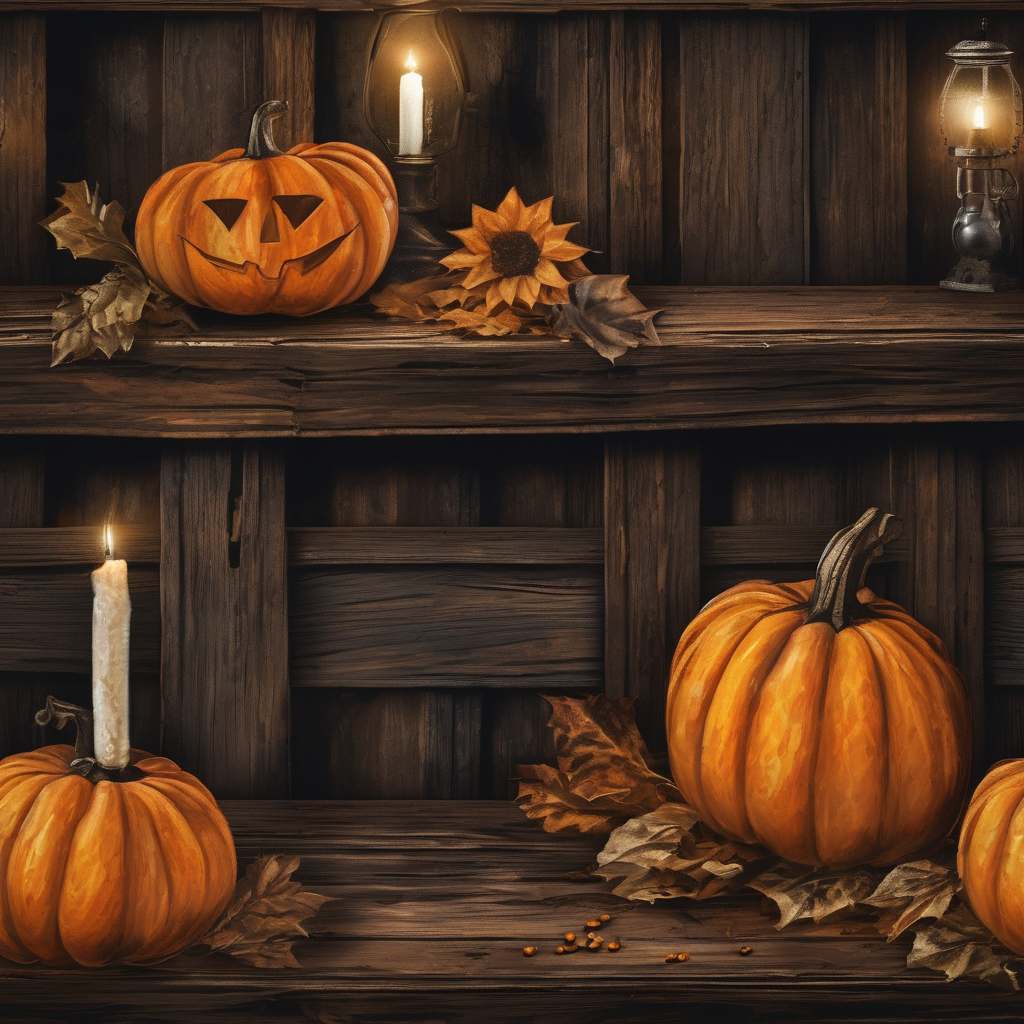The Halloween franchise has proven its resilience over the years, enduring a myriad of sequels, reboots, retcons, and timeline resets, making it a cornerstone of slasher film history. Spanning 12 films (even though there are technically 13, with one not featuring the infamous Haddonfield killer), it has showcased the chilling escapades of Michael Myers, since John Carpenter’s groundbreaking 1978 classic through to David Gordon Green’s new trilogy that has sparked spirited debates among fans.
The recent films, particularly Halloween (2018), Halloween Kills, and Halloween Ends, have revitalized the series. Halloween (2018), directed by Green, reset the narrative, disregarding all sequels post-1978. With Jamie Lee Curtis reprising her role as Laurie Strode, the film stands out as a gritty and grounded retelling, earning accolades as one of the best entries in the franchise. The music, scored by Carpenter himself, alongside Nick Castle’s and James Jude Courtney’s portrayal of Myers, reinforced the character’s terrifying presence.
In the next installment, Halloween Ends, the narrative took bold creative risks. The film’s exploration of the character Corey Cunningham and his connection to Michael Myers received mixed reviews, but ultimately offered the two legendary characters the closure they deserved. Critics noted its introspective approach, showcasing a touching farewell rather than a typical slasher film’s formula.
Halloween Kills served as a chaotic bridge in the modern trilogy, bringing together iconic characters from previous installments. With its high-stakes atmosphere and gruesome kills, it honors the franchise’s roots while injecting new life into the narrative.
Looking back, the franchise’s history reveals a mix of extraordinary and lackluster films. Halloween 4: The Return of Michael Myers returned the iconic character to the forefront after the divisive Season of the Witch, and remains a beloved sequel, largely due to its nostalgic late-‘80s horror elements. In contrast, Halloween: Resurrection is often criticized, yet it provides a uniquely entertaining experience with its over-the-top humor.
John Carpenter’s original film, while sometimes viewed as overrated, undeniably crafted the template for modern horror. Its minimalist style and suspenseful buildup have influenced countless films since its release. Conversely, some later iterations, like Rob Zombie’s Halloween remakes, offered a darker, grittier perspective on the slasher story, though not without divisive reactions.
The franchise’s foray into unconventional territory, particularly with Halloween III: Season of the Witch, has garnered a cult following despite its initial rejection by audiences, proving that innovation can lead to unexpected appreciation over time.
Despite the varying opinions surrounding the films, the Halloween franchise continues to haunt audiences every October, reminding fans of its lasting legacy in the horror genre. The varying tones and styles across the series reflect the evolving nature of horror itself, and as it shifts into the future, there is hope that new interpretations will continue to inspire and terrify.
